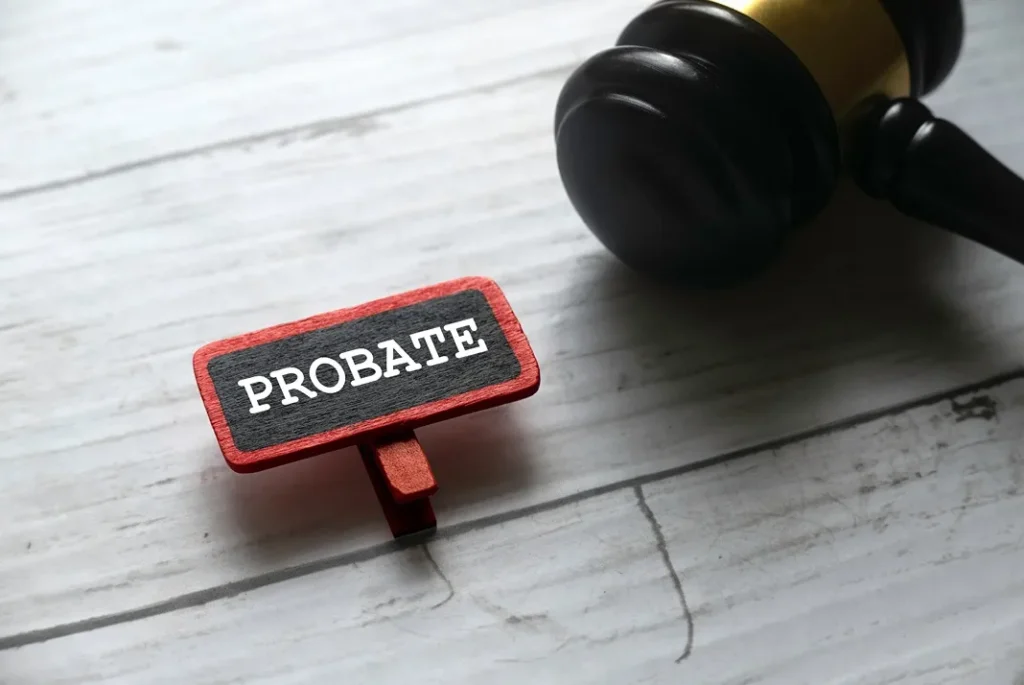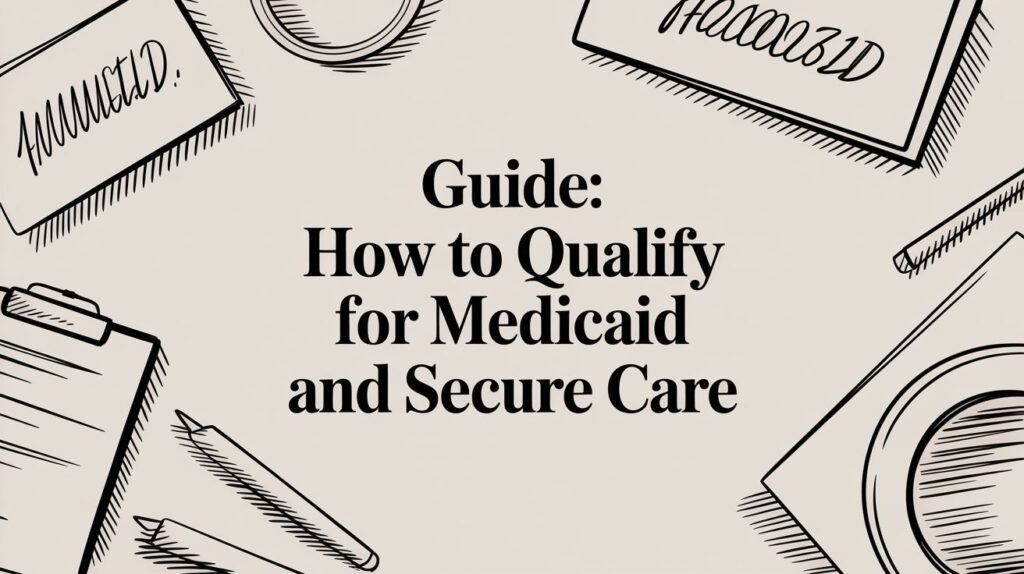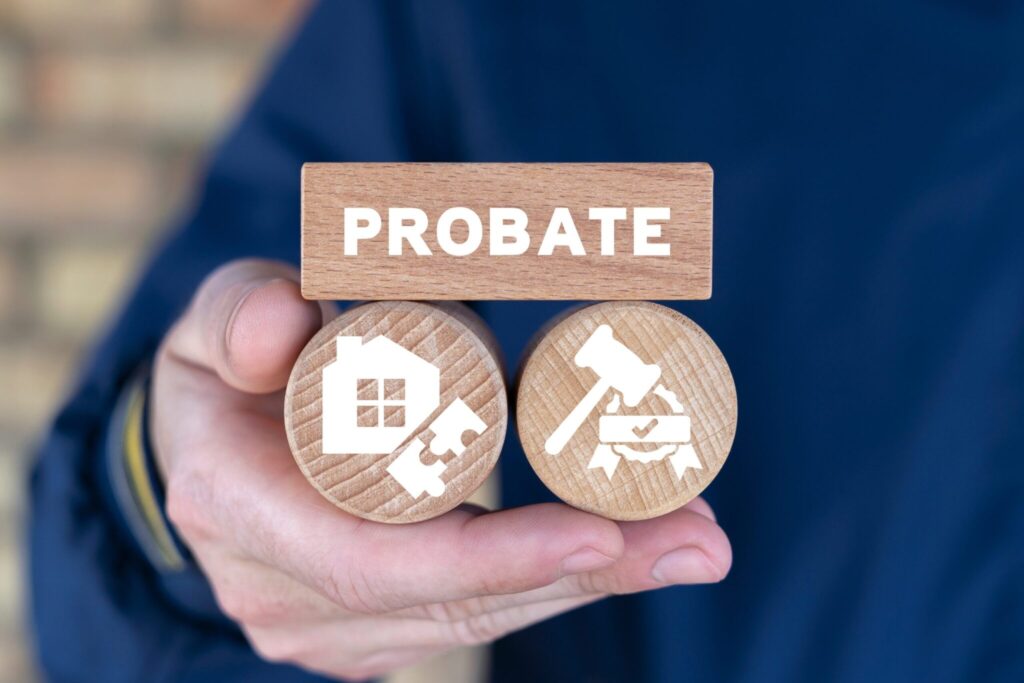When a loved one passes away and their estate enters probate, one of the most important aspects of the process involves real estate assets. Texas probate law provides a structured process for handling these properties, but for beneficiaries and executors alike, the ultimate goal often goes beyond simple administration—it’s about maximizing the value of the real estate involved. Whether the property is a family home, rental property, or commercial real estate, there are strategies to ensure the estate reaps the most significant possible return. In this guide, we will walk through the Texas probate process and provide actionable strategies to boost the value of real estate assets during probate. From legal considerations to market-savvy strategies, you’ll learn what you need to know to make the most out of probate real estate in Texas.
Understanding Texas Probate and Real Estate
The first step in maximizing the value of real estate in Texas probate is understanding how the probate process works. Probate is the legal procedure through which a deceased person’s assets are identified, debts are settled, and the remaining property is distributed to heirs or beneficiaries.
In Texas, probate can take one of several forms depending on the complexity of the estate, whether there is a valid will, and other factors. The probate court oversees the process to ensure compliance with state laws. When it comes to real estate, there are key steps involved:
- Filing the Will (if there is one) and identifying the executor.
- Inventorying the Estate, including all real estate properties.
- Settling Debts by paying any outstanding debts and taxes from the estate’s assets.
- Distributing Remaining Assets, including real estate, to beneficiaries.

Real estate, in particular, can be complicated. Unlike other assets, such as bank accounts or stock portfolios, real estate has significant value but may also come with debts (like mortgages) or require physical management. Additionally, the market value of real estate fluctuates based on timing, condition, and location. The executor or administrator of the estate must balance these variables to ensure maximum value is realized.
Key Challenges with Real Estate in Texas Probate
Before delving into strategies for maximizing real estate value during probate, it’s essential to acknowledge the challenges that may arise. These challenges can affect the timeline, cost, and final value realized for the property:
- Appraisals and Valuations: Accurately valuing real estate can be difficult, especially if the market is volatile.
- Liens and Debts: If the property has liens, unpaid mortgages, or tax debts, this can eat into its value.
- Market Conditions: The state of the real estate market at the time of sale or distribution can impact how much the estate ultimately receives.
- Repairs and Maintenance: If the property is in poor condition, its sale value will be reduced unless repairs are made.
- Legal Disputes: Disagreements among heirs or contested wills can complicate or delay the process.
Strategies to Maximize the Value of Real Estate in Texas Probate
Despite the challenges, there are several effective ways to increase the value of real estate assets during probate. Whether you are managing the probate process as an executor or are a beneficiary seeking advice, the following strategies can be helpful:
1. Obtain an Accurate Appraisal
The cornerstone of any real estate transaction during probate is an accurate appraisal. You want to ensure that you’re starting with a clear, objective understanding of the property’s market value. In Texas, the court may require an official appraisal as part of the probate process, but it’s beneficial to seek an independent, professional appraisal as well.
Why It Matters:
An accurate appraisal ensures the property is not undervalued, which could lead to selling it for less than it’s worth. Conversely, overvaluing the property could result in delays or failure to find buyers, especially if financing is involved.
Action Steps:
- Hire a licensed appraiser who is familiar with the local market and probate process.
- Request both a market value assessment and a potential value after any repairs or renovations.
2. Consider Repairs or Renovations
Many properties in probate are older or may have fallen into disrepair. While selling a property “as-is” may seem like the fastest route, investing in repairs or renovations can significantly increase its market value. Even modest updates, like a fresh coat of paint, new fixtures, or landscaping improvements, can elevate the property’s appearance and attract higher offers.
Why It Matters:
The condition of a property has a direct impact on its selling price. Buyers are more likely to pay a premium for a home that doesn’t need immediate work.
Action Steps:
- Identify key areas where repairs or cosmetic improvements could yield a high return on investment (ROI).
- Consider hiring contractors for major renovations but also weigh the costs and timeline against the potential increase in value.
3. Work with a Probate-Experienced Real Estate Agent
Not all real estate agents have experience with probate properties, which often come with unique requirements and deadlines. A real estate agent who is familiar with Texas probate law and procedures will better understand how to market the property effectively, work with the court, and handle any legal or financial complexities.
Why It Matters:
An experienced agent can navigate the probate process efficiently, ensuring the property is listed at the right time and price, and can help mitigate potential legal hiccups.
Action Steps:
- Interview multiple agents and ask about their experience with probate real estate.
- Choose an agent who knows the local Texas market and has a network of buyers interested in probate properties.
4. Evaluate the Timing of the Sale
In Texas, probate real estate doesn’t need to be sold immediately. Timing the sale can have a substantial impact on the property’s value. For example, holding onto the property until a peak season in the real estate market could result in better offers.
Why It Matters:
Texas real estate markets vary depending on location and seasonality. Selling in a hot market could add thousands of dollars to the property’s sale price.
Action Steps:
- Consult with your real estate agent to determine the optimal selling window.
- If necessary, rent out the property in the interim to generate income while awaiting a more favorable market.
5. Minimize Liabilities and Clear Title

Real estate cannot be sold or transferred without a clear title. Properties with outstanding debts, liens, or title issues must have these problems resolved before they can be sold. As the executor, it’s essential to handle any legal challenges early in the process to prevent them from delaying or reducing the value of the property.
Why It Matters:
A clean title increases buyer confidence and allows for a smoother transaction. Unresolved title issues can result in lower offers or even legal disputes.
Action Steps:
- Work with a title company to perform a thorough title search and resolve any outstanding issues.
- Pay off any property-related debts using estate funds to clear the title.
6. Maximize the Sale Price with Staging
Staging a home for sale can be a highly effective way to showcase its potential to prospective buyers. Staging helps buyers visualize themselves living in the property and often results in faster sales at higher prices.
Why It Matters:
A staged home presents better in photos and viewings, often leading to higher offers and shorter time on the market.
Action Steps:
- Consider hiring a professional stager, particularly for higher-value properties.
- If you cannot afford professional staging, clean the home thoroughly and use minimal decor to create a fresh, inviting space.
7. Understand Tax Implications and Exemptions
When maximizing real estate value, it’s crucial to factor in taxes. Texas does not have a state estate tax, but federal estate taxes may apply depending on the estate’s value. Additionally, if the property is sold during probate, capital gains tax could be a factor. However, potential exemptions, such as the step-up in basis rule, can reduce taxable gains.

Why It Matters:
Taxes can significantly impact the net value realized from the sale of real estate. Proper planning and use of exemptions can maximize the proceeds for beneficiaries.
Action Steps:
- Consult with a tax professional who understands Texas probate law to ensure compliance and take advantage of tax-saving opportunities.
- Investigate whether the property qualifies for any real estate tax exemptions, such as the homestead exemption.
Conclusion: Maximizing Real Estate Value During Texas Probate
Maximizing the value of real estate assets during Texas probate requires a thoughtful combination of legal expertise, financial acumen, and market-savvy decision-making. By understanding the probate process, addressing potential challenges early, and leveraging strategies like accurate appraisals, repairs, staging, and market timing, executors and beneficiaries can ensure the best possible outcome for the estate.
Probate can be complex, but with the right approach, it’s possible to transform what might feel like a burdensome process into an opportunity to preserve and maximize the value of cherished real estate assets. By following the strategies outlined in this guide, you can help ensure that your loved one’s legacy is protected and that their beneficiaries receive the most value from their inheritance.








